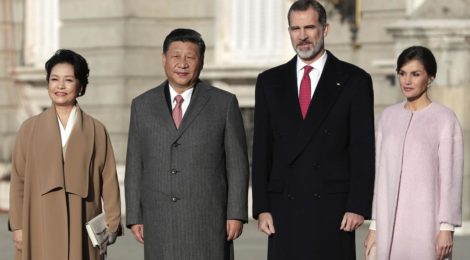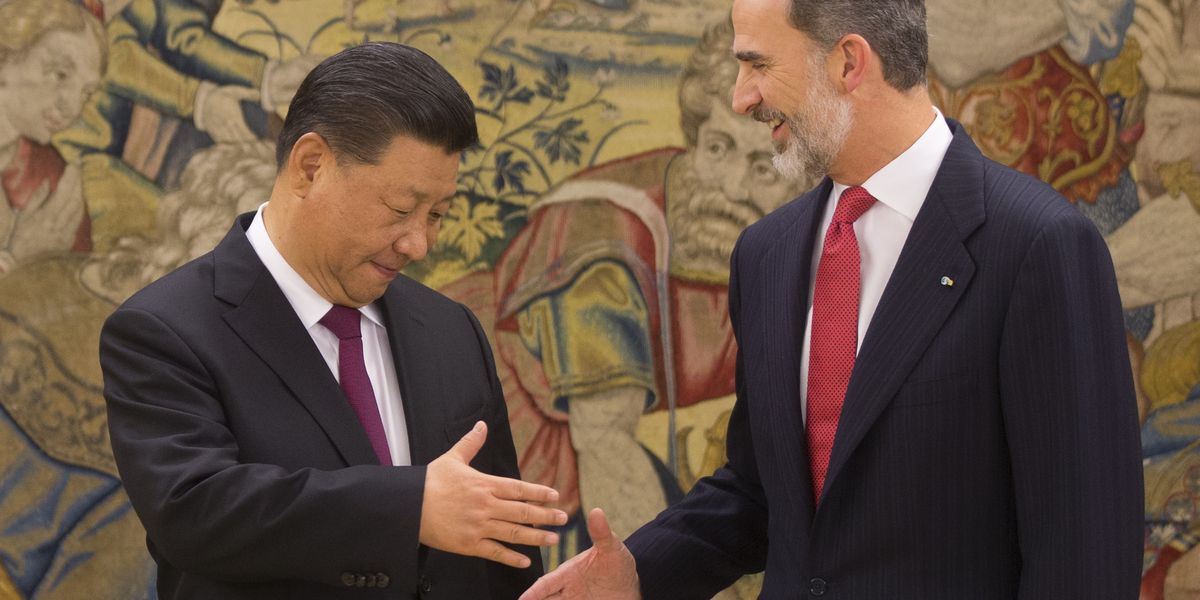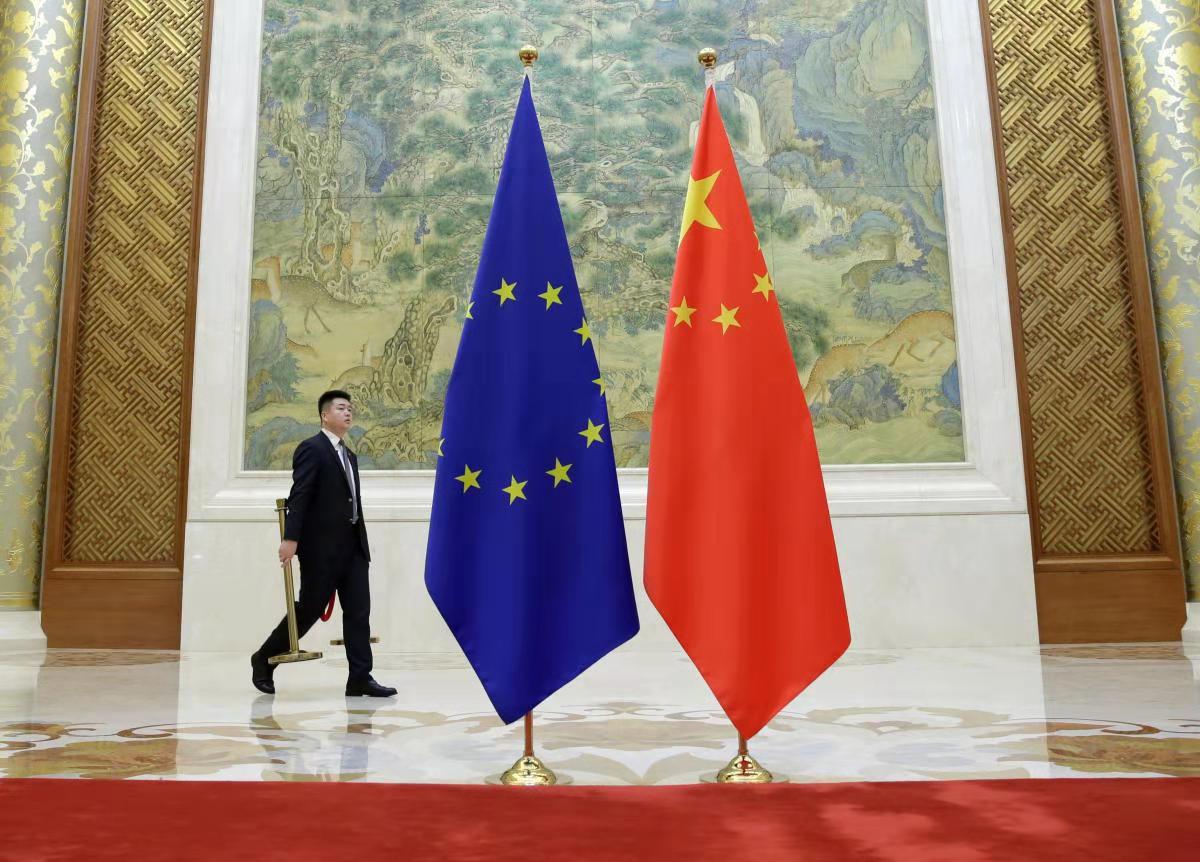
Beijing makes new friends among the southern European member states
In times when it is getting exponentially harder for Chinese investment to enter the United States, China is rediscovering the European Union as an important ally, especially Southern European countries that, close to insolvency not long time ago, are now much more welcoming. Investments in and takeovers of Italian, Greek, Spanish and Portugal businesses by Chinese companies, state-owned (SOEs) and private, have outpaced those in the US and in the rest of Europe in 2018. This huge increase is certainly driven by single investment and acquisition such as China Three Gorges Corporation’s hunt for Portuguese utility EDP and its Spain based renewable unit, but also by other 23 proposed or completed deals, investments and joint ventures across the four countries since the start of the year.

Last week, Xi Jinping visited Spain for the first time with the clear goal of finding new sources for technology transfer, import of new brands and the creation of new alliances. “In terms of long-term strategy and long-term presence, these places are attractive to China,” said Philippe Le Corre, a senior fellow at the Harvard School of Government. In the meeting with Felipe VI, the King of Spain, Xi said that relations between China and Spain were the “best in history.” Xi was also quoted saying that “we should continue to support each other on the issues of core interests and big concerns,” suggesting deeper cooperation on trade, tourism and third-party markets under China’s “Belt and Road Initiative” scheme.
These countries are also becoming soft supporters of China on the international stage. Greece last year vetoed an EU condemnation of China’s human rights record in the United Nations and Italy’s government said it wants to be a EU partner in the Belt and Road Initiative.

During the financial crisis began in 2008, China was buying assets from European indebted countries. Both SOEs and private conglomerates control stakes in Greek port of Piraeus; Portugal’s largest insurer, Fidelidade; Italian tiremaker Pirelli, and Spanish oil major Repsol SA’s Brazilian arm. The increasing amount of Chinese transactions has deepen European countries’ concerns about possible intention to steal technological know-how. In response to this, EU member states last week approved the first set of rules to screen foreign investments from outside the Union. The law, which at the current stage doesn’t grant members the right block deals in other EU countries, would allow them to obtain information and provide feedbacks on transactions elsewhere in the block. Portugal and Italy were initially quite concerned about the rules, arguing that they shouldn’t become a new form of protectionism or limit national interests. On the other hand, Germany has taken a harder stance on China after seeing national champions, such as auto manufacturer Daimler and robot maker Kuka, become targets. During an economic forum in Hamburg, Vice-Premier Liu He asked Germans to work with China against unilateralism and protectionism. In a following meeting with German Chancellor Angela Markel, Liu brought the message that China “is willing to cooperate closely with Germany to enrich the strategic connotations of bilateral cooperation and strive to promote global economic governance, safeguard multilateralism and free trade, and build an open global economy.” European countries are also worried that Chinese investments, driven by the state, are targeting strategic sectors. On the contrary, the Chinese diplomatic mission to the EU in Brussels has another opinion on this matter. In fact, according to the Chinese mission, Beijing is not actively targeting investments in southern Europe, and the reason behind the growing presence is purely economic. “Investment is based on business-oriented activities, and the direction of investment depends on factors such as the company’s own advantages and market conditions,” a representative from the mission said in a statement. “There is no such thing as strategic considerations or political intentions.”
Source Bloomberg & South China Morning Post




